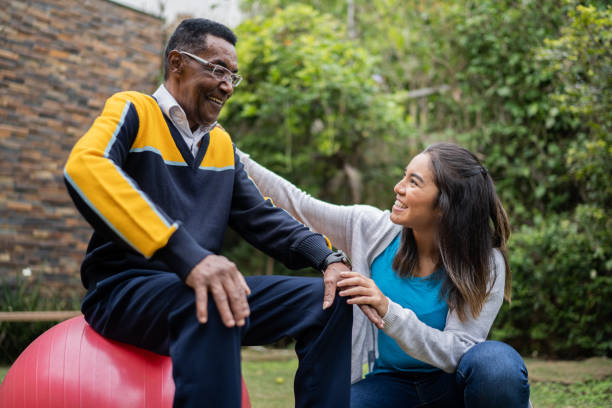This scenario sounds familiar? A loved one is suffering from drug addiction. This person has been in your thoughts and prayers many times. You have loaned money, offered your couch as a refuge, and begged for change. You might have helped them detox. You might have bought them drugs because they said they would get treatment if you did.
Although you know you are enabling, you don’t realize what other options you have. You care deeply about the person you are promoting. You worry about your loved one’s safety every night. It is impossible to imagine what you would do in the event of a terrible accident.
You continue to give and give and give while feeling resentful and loathful about the situation you find yourself in. Where do you go from there? What can you do to show love and support but not enable?
What is Enabling?
Although it may seem simple, enabling can be difficult. You may be doing it without even realizing it. It cannot be easy to discern the difference between enabling and supporting. However, you must know the difference.
Enabling is when your behaviors prevent someone from experiencing the actual truth or consequences of their behaviors. It can also mean shielding, protecting, and downplaying one’s destructive choices.
There are many examples of enabling. These are some of the most common examples:
- To avoid problems or keep the peace, you should not reveal the addict’s behavior.
- Legally or financially bailing out an addict
- Blaming others (i.e., friends, partners, employers) for the addict’s behavior and addiction.
- Attempts to control the addictive behavior
- Continues to make threats or ultimatums with little to follow through, no
- Assists the addict with their care.
- Negative addict behavior is ignored (i.e., it is not acknowledged or downplayed).
- Prioritizing the needs of the addict over all else is a priority
- External circumstances are to blame for the addict’s behavior
Why do people allow addicts to take advantage of them?
It’s usually because they love them. They are so attached to the addict that they will do anything to improve it. Love is not a cure. To overcome addiction, they must take responsibility for their actions. They are the only ones who can make the changes.
Fear can also lead to people enabling addicts. Fear makes them fear for their loved ones’ safety. A caring mother might offer her home to her child if she feels it is safer than living on the streets. This gesture is customary.
The addict might use her generosity to continue operating in the family home. To continue their drug addiction, the addict might lie to family members and steal from them. This is fair for the mother. Does her suggestion help or harm her child?
Many people care about the addict and want to protect them from suffering. They believe that more pain will give them reasons to continue using. Although this is true, it can also backfire when pain protection efforts are made. Addicts quickly learn how and who they can manipulate to achieve their goals. They don’t feel motivated to change their behavior. They feel encouraged to continue doing what they have been doing.
How can you stop enabling?
As with drug addiction, they are enabling can lead to a vicious cycle. Addiction can lead to addiction in loved ones. To save the person, they often risk their mental health and identity. It’s not a win-win situation. The enabler can feel frustrated, lonely, and tired because of these failed attempts.


